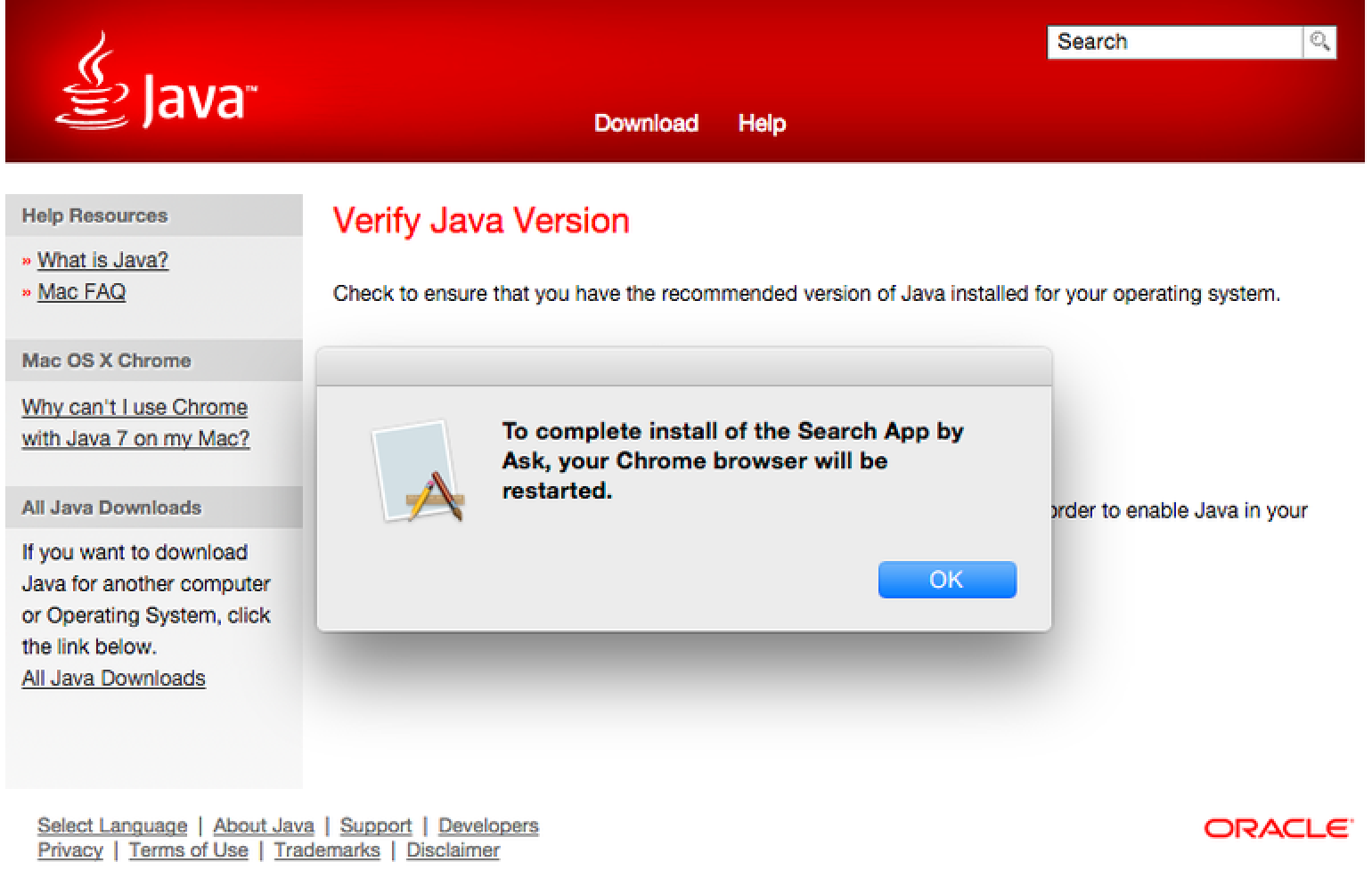The following are the system requirements for installing the JDK and the JRE on macOS:


Latest Version Of Java For Mac Os X 10.11
Important Oracle JDK License Update. The Oracle JDK License has changed for releases starting April 16, 2019. The new Oracle Technology Network License Agreement for Oracle Java SE is substantially different from prior Oracle JDK licenses. The new license permits certain uses, such as personal use and development use, at no cost - but other uses authorized under prior Oracle JDK licenses may.
- What's new in Java for Mac OS X 2017-001: This package is exclusively intended for support of legacy software and installs the same deprecated version of Java 6 included in the 2015-001, 2014-001, and 2013-005 releases.
- $ java -version java version '10.0.2.1-ea' Java(TM) SE Runtime Environment (build 10.0.2.1-ea+13) Java HotSpot(TM) 64-Bit Server VM (build 23.2-b04, mixed mode) Note: If you have not yet installed Apple's Java OS X 2012-006 update, then you are still using a version of Apple Java 6 that includes the plug-in and the Java Preferences application.
- 'APPLE JAVA 6 FOR MAC OS X For Java versions 6 and below, Apple supplies their own version of Java. Use the Software Update feature (available on the Apple menu) to check that you have the most up.
- There are various tricky issues with having multiple versions of Java (Apple's own Java 6 and Oracle JDK 7 or even 8) on one's Mac OS X system, and using different versions for different applications. I spent some time writing up my experience of my experience of installing and configuring various versions of JDK on Mac OS X 10.9.2.
Latest Java For Mac Os X
Any Intel-based computer running macOS.
Administrator privileges.
You cannot install Java for a single user. Installing the JDK and JRE on macOS is performed on a systemwide basis for all users. Administrator privileges are required to install the JDK and JRE on macOS.
When you install the JDK, it also installs the JRE. However, the system will not replace the current JRE with a lower version.
To determine the current JRE version installed on your system, see Determining the JRE Version Installed on macOS. To install an earlier version of the JRE, you must first uninstall the current version. See Uninstalling the JRE on macOS.
When you install the JRE, you can install only one JRE on your system at a time. The system will not install a JRE that has an earlier version than the current version.
To determine the current JRE version installed on your system, see Determining the JRE Version Installed on macOS. To install an earlier version of the JRE, you must first uninstall the current version. See Uninstalling the JRE on macOS.
Note:
Installing a JRE from Oracle will not update
java -versionsymlinks or addjavato your path. To do this, you must install the JDK.